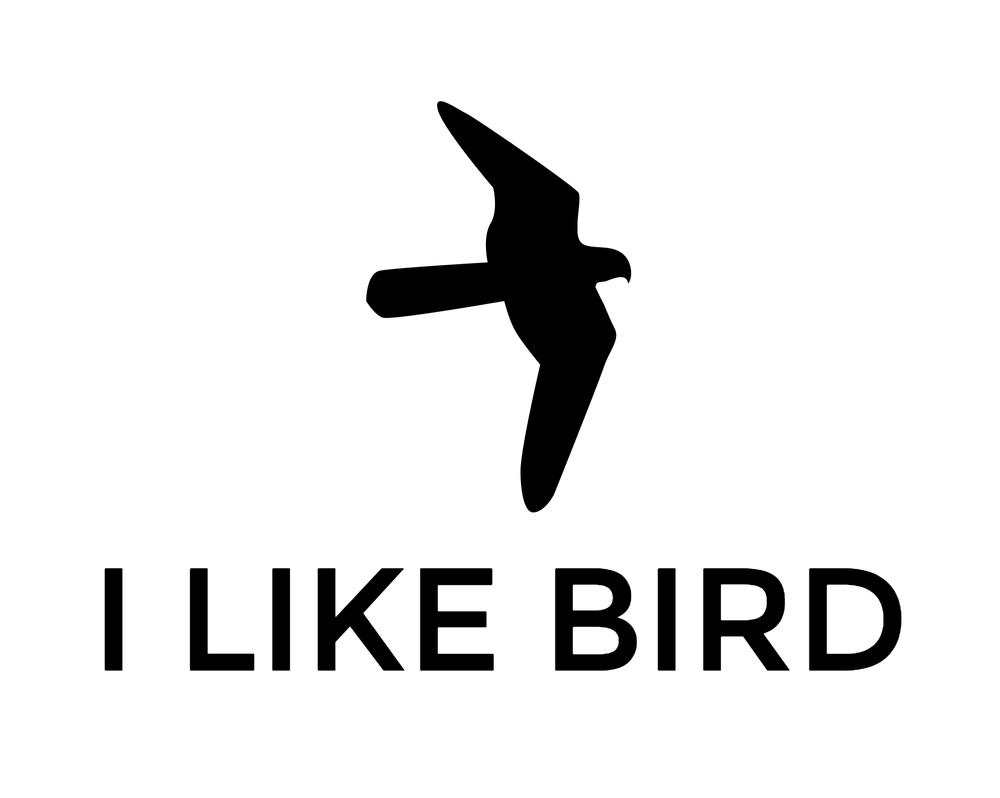London bird lovers beware – your dirty garden bird feeder could be helping spread disease.
Experts led by the Zoological Society of London say people should continue to feed birds, especially in times of harsh weather, but should be aware of the risks.
Parasite infections appear to be more common and are affecting garden birds such as finches, pigeons and doves. Meanwhile ‘bird pox’ – which leads to warty-like lumps on the bodies of great tits and other garden birds – is also on the rise.
You should clean your bird feeder with boiling water once every six months
Common signs that a bird is sick include unusually fluffed-up plumage and lethargy. Diseases can be spread through droppings or regurgitated food around bird feeders.
The British Trust for Ornithology (BTO) has given the following advice if you think a bird is infected:
1. Report observations to the Garden Wildlife Health Project
2. Seek advice from a vet
3. Withdraw food for a while to let birds disperse over a wider area
4. Feed birds in moderation, clean bird feeders regularly, and rotate feeding sites.
The RSPB has also given the following advice for people taking London bird photos in the garden:
a) Good hygiene is particularly important during the summer months. The warmer weather can make food go off quicker, and can provide ideal conditions for harmful bacteria.
Greenfinches are particularly vulnerable to parasite infections which leave warts on the body. Photo: Heather Povey
b) Monitor your food supply carefully. If the food takes days to clear, reduce the amount of food you're offering.
c) Use a bird table or hanging feeders. A ground feeding tray is preferable to putting food directly on the ground because it's easier to keep clean. Food on the ground should all be eaten before nightfall. Rats are attracted to leftover food and often carry diseases, which can affect birds or humans.
d) Keep your bird tables and surrounding areas clean and free from droppings or mouldy food, which can provide breeding grounds for parasites and bacteria. Try to avoid accumulating large amounts of droppings.
e) Clean and wash your bird table and hanging feeders regularly (ideally, using a 5% disinfectant solution), and move feeding stations to a new area every month to prevent droppings accumulating underneath.
f) Water containers should be rinsed out daily, especially during the warmer months, and allowed to dry out before fresh water is added. Droppings can accumulate in bird baths.
g) Personal hygiene is also important. Don't bring your feeders into your house to clean them - do it outside, using separate utensils. Wear gloves when cleaning feeders and bird tables, and particularly if you need to handle a sick or a dead bird in your garden. Always wash your hands when you've finished.
For framed London bird photos, visit www.ilikebird.uk


